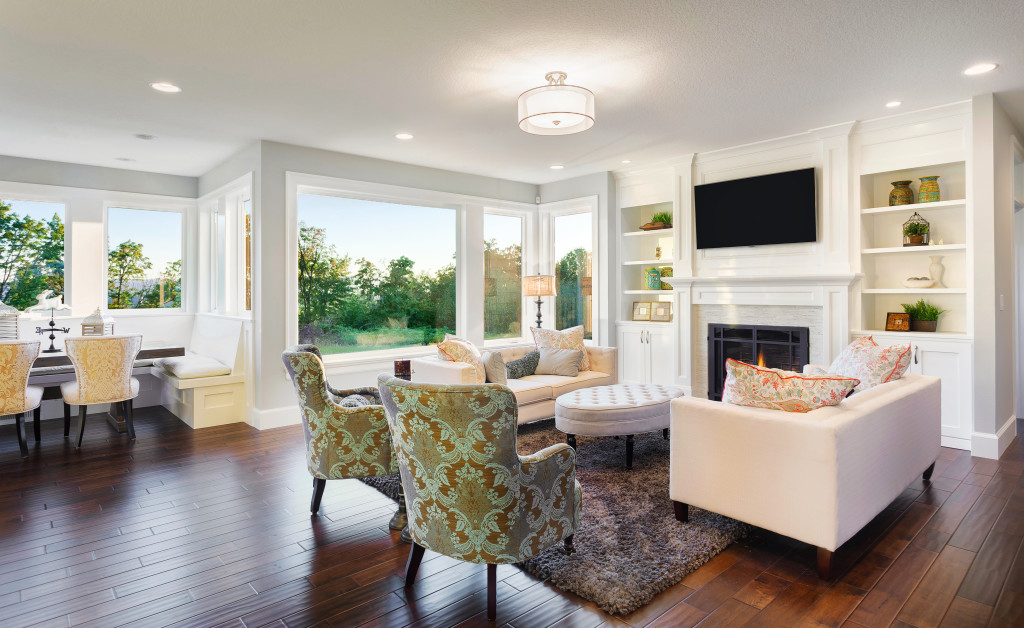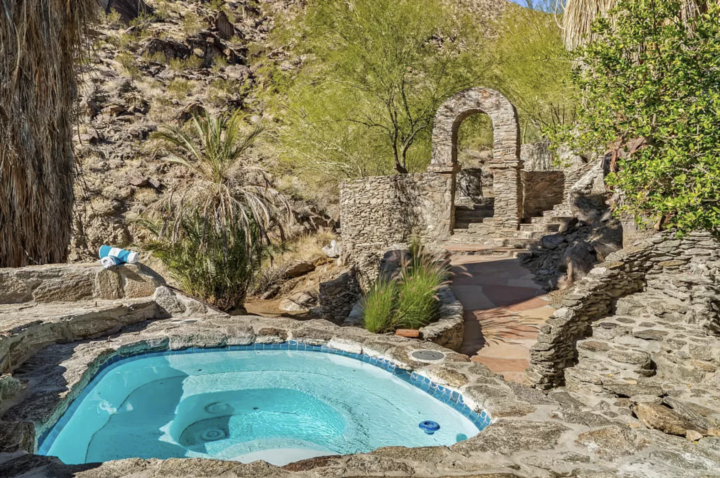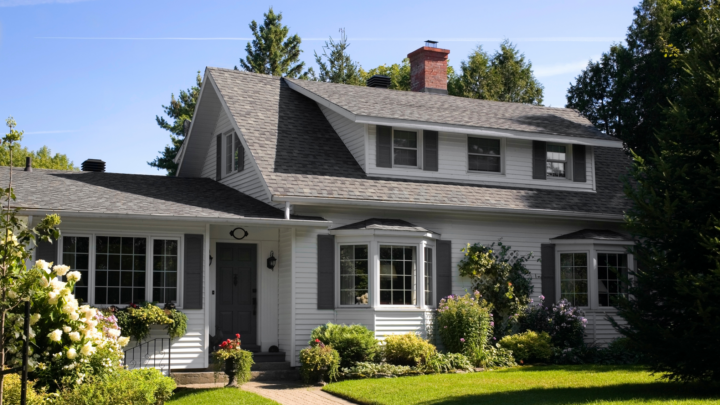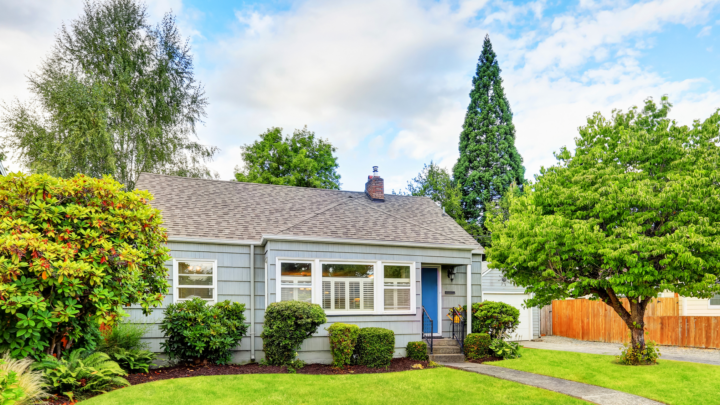Homeowners insurance is almost always required in order to get a home loan. Even if you’re the type of person who likes to live dangerously, your mortgage lender is not. So don’t be surprised if your lender requires you to purchase homeowners insurance before the mortgage company will sign off on your loan (this protects the lender’s interest in your home). If you don’t have a mortgage, it’s still a good idea to have homeowners insurance coverage to protect your investment.
What is homeowners insurance?
Homeowners insurance is a specific type of insurance policy that protects homeowners against losses and damage caused by perils such as fires, storms, or burglary. It also covers legal costs if someone is injured in your home or on your property.
What does homeowners insurance cover?
Homeowners insurance policies vary on what and how much they cover, but typically they’ll cover all or part of your financial losses.
Coverage often includes:
- The home itself, including the structure and its plumbing, electrical wiring and central air and heat systems.
- Other structures on your property such as sheds and fences.
- The possessions in your home, such as electronics, appliances and clothes, even when they aren’t located on your property.
- Loss of use, such as paying for a hotel room while your home is getting fixed.
- Personal liability coverage (financial losses should someone get hurt on your property and sue you).
- Medical payments for people who get hurt on your property.
What is not covered by homeowners insurance?
Standard homeowner’s policies do not insure against floods, earthquakes, hurricanes or wildfires, among other things. However, you may be able to add coverage to your policy for peace of mind.
When is homeowners insurance required?
If you’re purchasing a home with a mortgage, you will be required to bring proof of at least 12 months’ worth of insurance premiums to your closing. You will need to bring along your policy’s declarations page which shows the effective date and the cost for a year’s coverage to closing, along with a receipt or a letter showing you’ve paid the bill.
If the home is in a flood zone, your lender will probably require you to purchase additional flood insurance.
When will I have to pay for homeowners insurance?
When you sign up for your homeowners insurance prior to closing on your home purchase, you’ll pay for the first year of coverage.
Since you’ve already paid for a year upfront, some home buyers assume their first year’s payments will be reduced. But from your first mortgage payment forward, your lender will be collecting monthly insurance premiums along with taxes, interest and principal, often referred to as PITI. Your lender will set up an escrow account to hold your monthly insurance premiums to pay next year’s bill.
How much is homeowners insurance?
The cost of homeowner’s insurance varies depending on your location, type of coverage, any discounts you might qualify for and your provider. But as an extremely rough estimate, you can expect to pay around $35 per month for each $100,000 of coverage.
The amount of liability coverage you need depends on your personal worth. The more you’re worth, the more you have to lose and the more coverage you need, possibly including an enhanced personal liability plan.
Review your coverage each year with your insurance company to make sure you still have enough insurance coverage to meet your needs. Remember, you can add on to your homeowners insurance policy at any time, and add more coverage as your situation changes. Many homeowners opt to shop around for homeowners insurance from different companies to help reduce their monthly premiums.
How much home insurance coverage do I need?
To satisfy your mortgage lender, you need to cover the home for its current market value. All they care about is that they get their loan repayment even if the house and its contents burn to the ground. Except in some very rare circumstances, that’s not enough.
Most experts advise you to buy “replacement cost” coverage rather than market value. Here’s the difference. Say you buy a $200,000 home with market value coverage. If a fire destroys your home, it could cost $225,000 to rebuild. You’re left to foot the bill for the extra $25,000. Would it really cost more to rebuild than the market value of the home? First, you’ve got to pay to remove the debris from the destroyed home.
Even without those demolition costs, rebuilding is just more expensive. You won’t get the economy of scale that a professional home builder enjoys. You may also want to consider adding “extended value” coverage. This will pay you up to 20-30 percent over your policy coverage limit. Why would you need that? Let’s say a storm damages homes throughout your area. A lot of people are going to need repairs, and quickly. The laws of supply and demand dictate that prices to make those repairs will spike. Extended value coverage protects you against that.
How to determine replacement value?
Your insurance agent should be able to help you come up with a ballpark. There are also online calculators you can use to compare. Or you can hire a contractor to give you an estimate or see if the appraisal that was done on the home included a replacement cost estimate.
Your policy may include an automatic inflation adjustment, but even if it does, it’s a good idea to take a look at your coverage limits once a year or so to make sure nothing has changed that would make you want to adjust your policy.
Do you need homeowners insurance?
Aside from your lender requiring homeowners insurance on a mortgaged home, you’ll likely need coverage. Unless you have savings to demolish and rebuild your home, replace any lost or stolen possessions or pay for medical bills or lawsuits related to accidents on your property, you will want homeowners insurance. Plus, knowing you have coverage, grants you the financial peace of mind that you’ll be able to continue paying your loan on time, maintaining your investment.
Written by
Meredith Arthur
08.12.2016
How much home can you afford?
At Zillow Home Loans, we can pre-qualify you in as little as 3 minutes, with no impact to your credit score.
Zillow Home Loans, NMLS # 10287. Equal Housing Lender
Get pre-qualified



